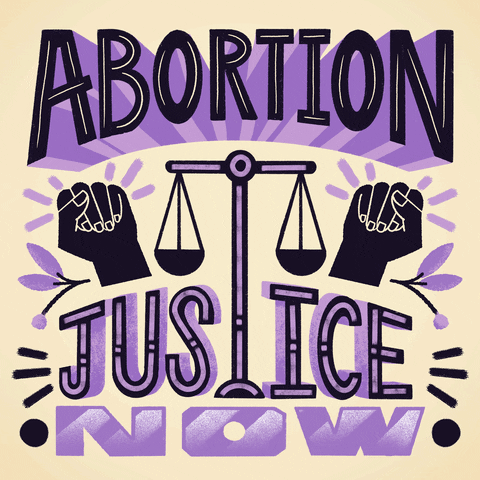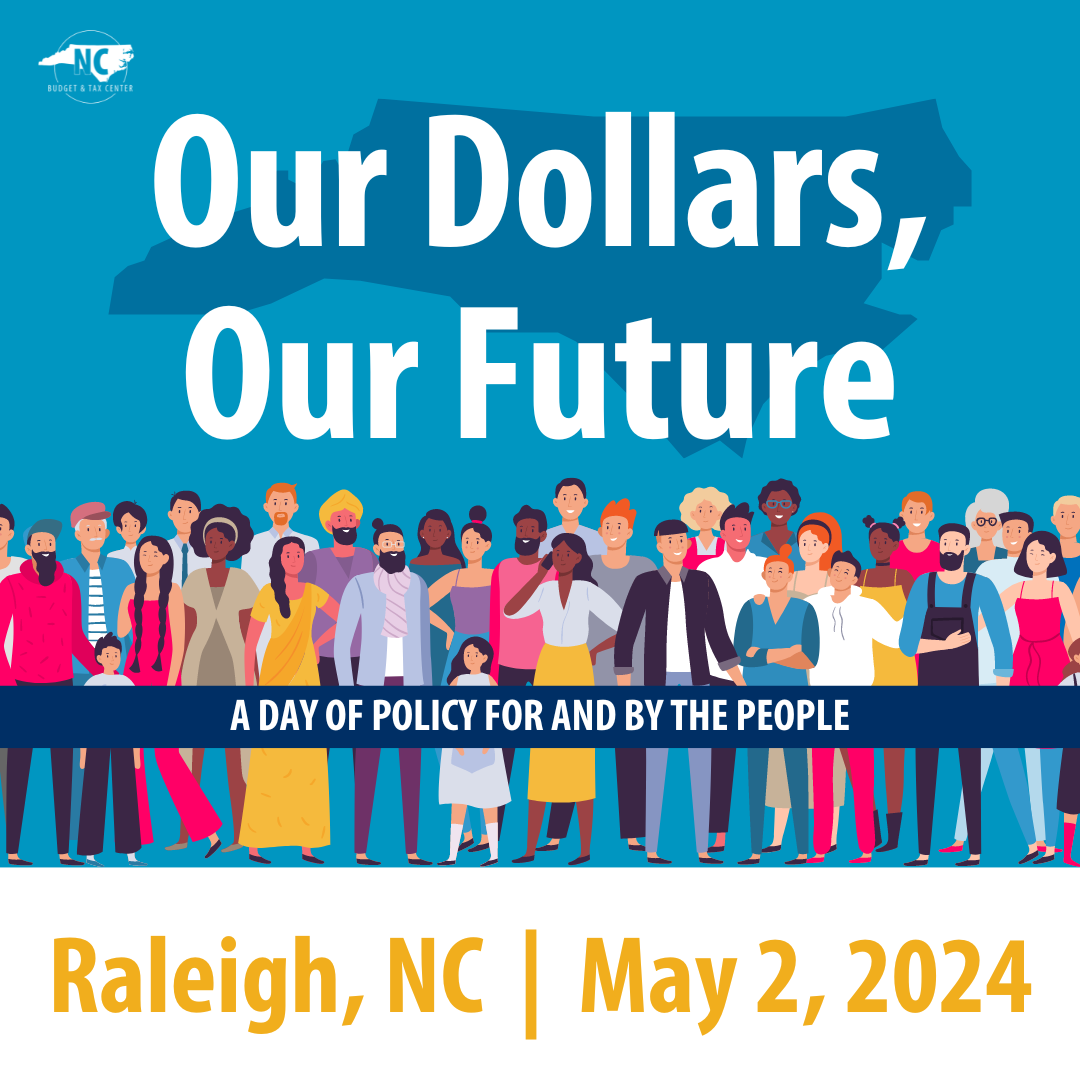
With sweeping abortion restrictions, NC Senate Bill 20 will harm poor people and families, limit economic opportunity
Our communities thrive when we all have the right to choose if and when we want to have children, and have everything we need for our families to be safe and healthy. We can’t have true economic security without reproductive justice, including accessible and affordable abortion care.
Senate Bill 20, which was vetoed by Gov. Cooper this past weekend and has been scheduled for an override vote at 4 p.m. today, would create sweeping restrictions on abortion care in North Carolina, including a ban on medication abortion after 10 weeks of pregnancy and major barriers for people seeking an abortion early in pregnancy. These restrictions will primarily harm poor and working-class people and families. Pregnant people without financial resources, who cannot easily take time off of work, who do not have ready access to child care, and who live in rural areas already face barriers to abortion in our state. SB 20 would make it far more difficult for them to get the care they need, leading to worse health for parents and children, and forcing people to give birth against their will. It will also lead to increased poverty and instability for people who are denied abortion care and for their families.
We’ve written about how access to abortion care helps build economic security and opportunity. Abortion access also supports gender and racial equity, leading to greater educational and work opportunities for all women, and especially Black women. Barriers to care on the other hand, can have far-reaching effects: Women who seek abortions but are denied them are more likely to experience financial instability and less likely to be employed in good jobs. Most people who seek abortions are already parents, and when they are denied abortion care their children are more likely to be raised in poverty (PDF).
The harms to vulnerable children and families will be worse in a state like North Carolina that consistently fails to fund basic economic support for families. Leaders in the General Assembly have pushed through this abortion ban while failing to pass policies that boost financial security: They have refused to reverse the elimination of the Earned Income Tax Credit or pass a refundable Child Tax Credit that helps with the cost of raising children. They have failed to increase cash assistance amounts for people in deep poverty since the 1990s.
SB 20’s supporters have attempted to sugarcoat abortion restrictions by including some needed supports for families, like paid leave and small investments in child-care access, but these do not undo the deep harms of this bill. North Carolinians deserve robust proposals to deliver parental leave to all, affordable and accessible child-care for every child, high-quality health care for pregnant people, AND the right to make decisions about when to have children.
The wildly undemocratic process for pushing through this abortion ban mirrors the lack of transparency found in so much policy-making in North Carolina right now. It was introduced and voted on in less than 48 hours, and if SB 20 becomes law, people seeking an abortion will be forced to wait longer than that to receive the care they need.
The lawmakers who authored this bill say that crafting it in secrecy before introduction meant they could openly discuss their values and priorities with one another. But as public officials and leaders elected by their districts, their responsibility should be to their constituents and to the well-being of every person in the state. By meeting behind closed doors to hammer out the details of how to restrict abortion care, legislators explicitly excluded poor women and women of color who will be denied abortion care by this bill, and crafted harmful rules that aren’t substantiated by science. They ignored the realities that shape the health of families with low incomes and the health of all pregnant people.
When North Carolinians come together to demand our legislators protect the health care of every person and the autonomy to make our own decisions about our bodies, our lives, and our families, we can build the state we all need.


